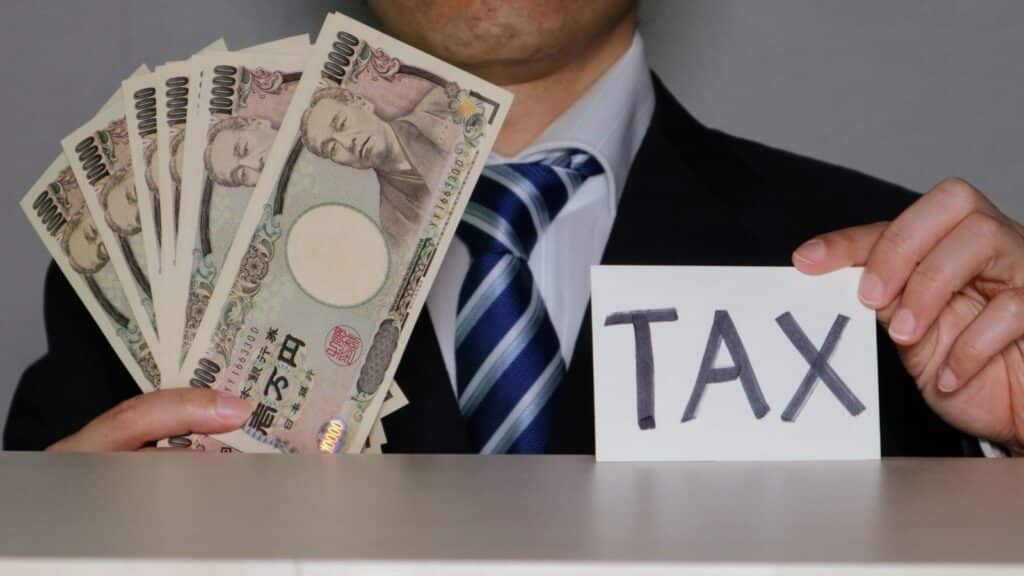Living in a state without income tax sounds like a financial dream, right? Well, while there are some benefits, there are also plenty of negative consequences that people don’t always talk about. Here are 25 of them that might make you think twice.
Higher Sales Tax

One way states make up for not getting revenue from income tax is by hiking up sales taxes. This means that every time you go shopping or eat out, you’re probably paying a bit more than you would in states with an income tax. Sure, it seems like just a little, but this difference can easily add up over time.
Increased Property Taxes

Owning a home sounds great in these states until you see the property tax bill, as these can get pretty hefty. You might be dodging one tax, but the government’s going to make sure you get hit by another. For example, in Alaska, the average property tax rate is around 1.17%, which is quite a bit higher than the national average of 0.99%.
Reduced Housing Affordability

Similarly, relying so heavily on property taxes can drive up housing costs, which makes it harder for locals to find affordable housing. Even if you’re not buying a home, this can cause higher rents, which can make the housing crisis even worse. Who would’ve thought things could get so difficult?
Less Public Services

But it’s not just your taxes that’ll be affected, as fewer taxes mean less money in the community. This puts a huge burden on the state’s infrastructure and can mean fewer community resources, which affects everyone. No income tax sounds good, but it can cause serious issues for your quality of life, like in Florida.
Toll Roads and Mystery Fees

Even if you’re not paying the state government, they have some clever ways to make you pay up elsewhere, like toll roads. Suddenly, the freedom of the open road doesn’t look so free anymore. You might even find yourself paying extra for all kinds of things, like vehicle registration and park entry fees.
Fewer Social Programs

When the state tightens its belt, the support programs for people who need help are the ones that don’t usually make the cut. This could mean less help for the people who need it most from programs like food stamps and childcare subsidies. In the end, it could cost even more as the community works together to fill in these gaps.
No School Funding

Similarly, no income tax revenue means schools will end up cutting back on supplies and resources, making it harder for teachers to give top-notch education. It’ll also mean kids can’t do any of the activities that make learning fun and effective. Soon enough, the burden falls on parents to chip in and help schools out.
Leaning on Uncle Sam
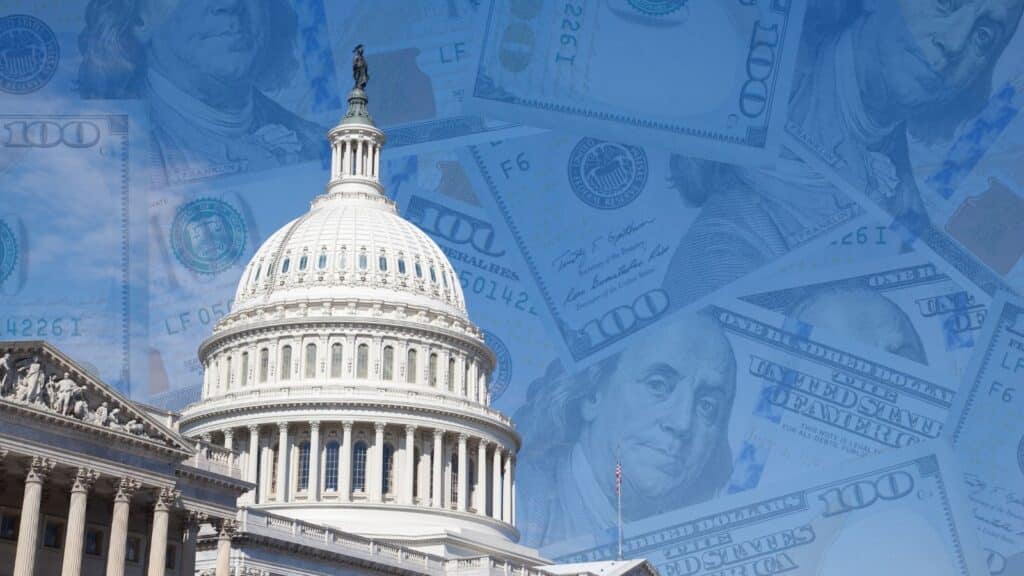
Usually, states without income tax have to rely on the federal government to fill their coffers. What’s so bad about that? Well, it means that whenever the federal budget tightens, these states are the first ones to feel the pinch. This means they’ll have even less money to use on essential services.
Budgeting Nightmares

Without the steadiness of income tax, state revenues often end up swinging wildly, which can lead to sudden budget cuts or extra spending. Suddenly, it’s a lot harder for state programs to plan. One year, there’s loads to spend on public projects, but the next, it’s austerity measures for everyone.
The Retirees’ Wallet

Any retirees dreaming of living somewhere tax-free might want to rethink things a little first. It’s pretty easy for higher sales and property taxes to start cutting into your fixed incomes, and you’ll need to start budgeting carefully. Plus, the cost of living between each no-income-tax state can be very different, so make sure you do the math before making a move.
Less Green Spaces

Some of the first things to disappear after a tighter budget are those lovely park picnics and wildlife adventures. Less money means the state doesn’t think conservation efforts or park maintenance are as important anymore, so there’s less green in our green spaces. Those weekend nature escapes? Yeah, they’re not so magical anymore.
Hung Up on Healthcare

It’s hard to deal with healthcare even at the best of times, but it’s even worse when the government pulls the strings tighter. No income tax revenue can mean longer waiting times and fewer services, especially out in the countryside. This makes managing your health into a crisis, and it’s something people in New Hampshire are feeling right now.
Mental Health Strain

Sometimes, these states also struggle to support their mental health services, as these usually rely on state funding. Without funding, the governments scale these back, which means fewer resources for the people who need them. That means no more crisis intervention and no more long-term care.
Safety First? Maybe Seconds

Speaking of healthcare, one of the worst effects of no income tax is on emergency services, as the government has to make cuts somewhere. This can mean you’ve got to wait for longer, even when each moment could be the difference between life and death. Soon enough, community safety’s hanging by a thread.
Roads Running Ragged

Less cash means less upkeep on the roads, so you better get used to potholes. And waiting for a bus or train? Good luck because that’s a test of patience. These issues can add minutes or even hours to your daily commute, which makes just getting around the city a frustrating affair.
The Rich Get Richer
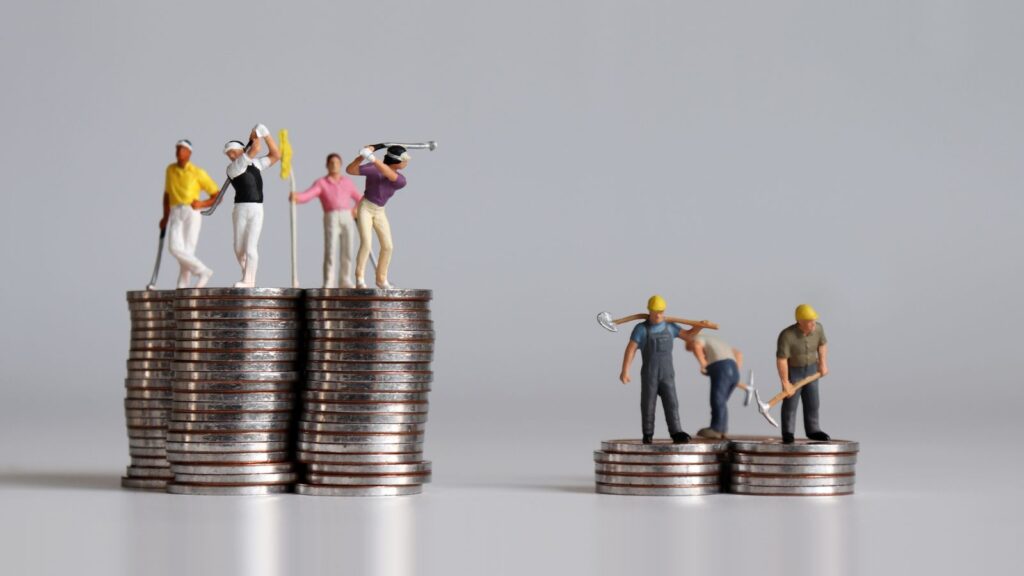
Usually, this tax structure is better for people who are always doing well financially. They’ll save quite a bit on not paying income tax, but people at the lower-income end might not feel this relief after they’ve paid all of these taxes. Soon enough, the wealth gap’s gotten even bigger than it ever was, just like in Texas.
Talent is Tough
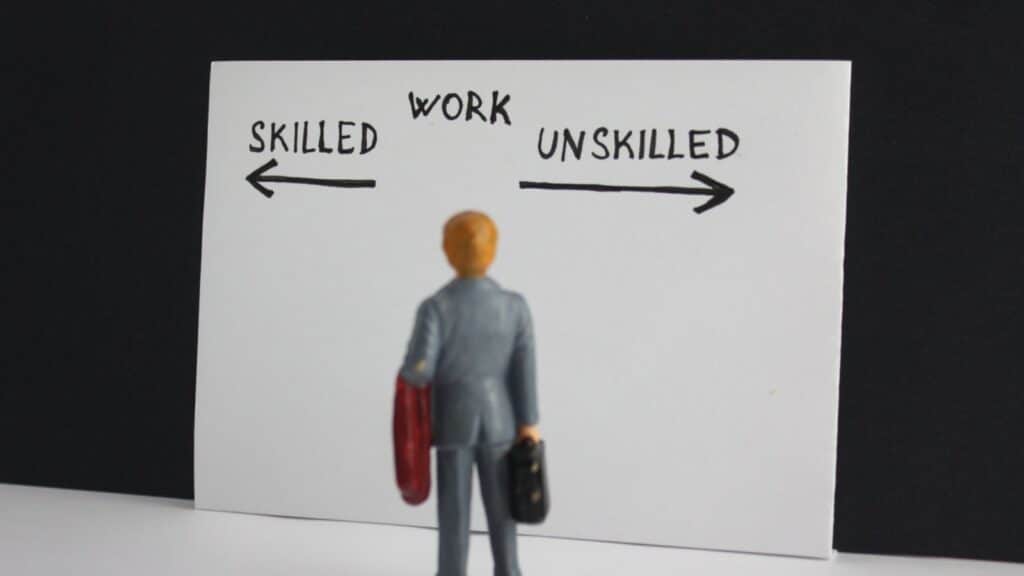
When the local services aren’t up to scratch, smart people looking for a new home will probably just pass you by. They want to feel welcome and have the opportunity to grow, which they can’t find in these states. What’s so bad about that? Well, that means a less talented workforce, which causes all kinds of problems.
Think Twice

You’d think businesses would flock to a place where they can keep more of their cash, but it’s not that simple. If potholes make transportation a headache and finding talented workers becomes way more hassle than it’s worth, then those tax savings don’t look so great anymore. Sometimes, the frame isn’t as pretty as it looks from afar.
Confusing Governments
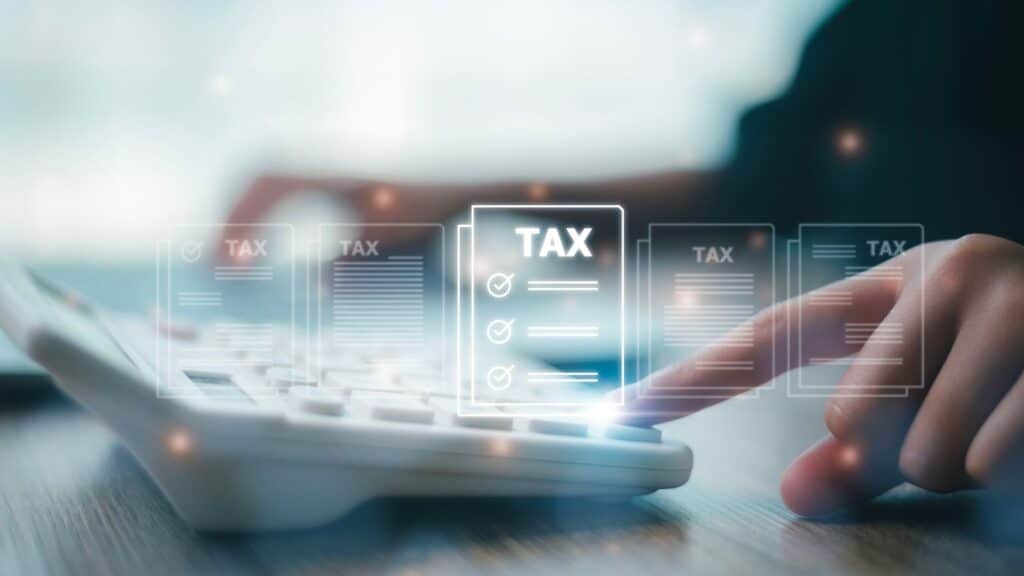
Have you ever tried balancing your budget when you’re short on cash? Well, that becomes even harder when you’re a local government, and you’ve got no income tax to rely on. They end up trying to get their funds from a mix of different sources, which causes way too much tax confusion.
Less Arts and Culture
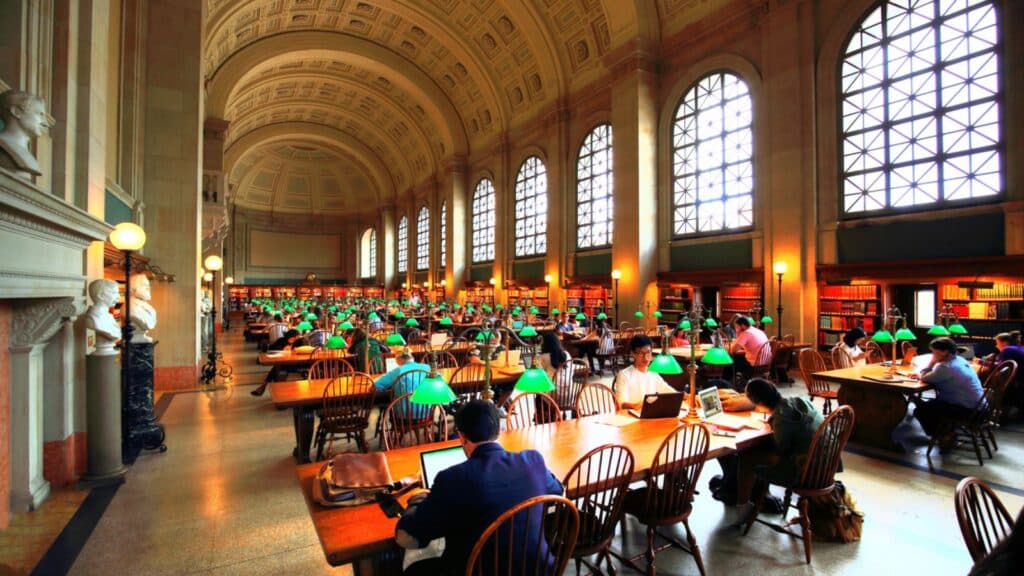
If you’re moving to a no-income-tax state, then say goodbye to the fun stuff like art shows and library programs. After all, the budget can’t cover them anymore. These losses bum out the community and also mean fewer chances to come together or even to get inspired. Those states don’t look so interesting now, do they?
No Long-Term Planning

Dreaming about the future is a lot harder when you’re not sure what’s coming down the pipeline, as families find themselves guessing more than planning. Any businesses looking to grow are in the same boat. Everyone’s trying to make sense of a foggy financial future with no chance of stability in sight.
Changing Social Scene

In a no-income-tax state, don’t expect to see any strong communities. The lack of consistent services and infrastructure means people come and go as they try to find that sweet spot of low taxes and a good quality of living. Soon enough, people aren’t exactly willing to put down roots, and there’s no sense of community.
Think of the Children

The decisions that we make today on where to skimp and where to save are going to affect our kids’ world. If we save on schools and programs now, they might end up missing out on opportunities for a better life when they’re older. We’ve got to think about the kind of foundation we’re setting up for the next generation.
What Quality of Life?

All of these trade-offs might not seem like a big deal at first, but they can add up pretty quickly. Soon enough, you’ll find your quality of life has changed for the worse, and the perks of no income tax might not seem so perky after all. You’ve got to think first before making any decisions.
Higher Living Expenses

Okay, so this one’s not a direct result of tax policy, but it’s still an interesting coincidence to talk about. Lots of no-income-tax states are some of the most expensive places to live in the USA because of things like more expensive groceries or services. For example, WiseVoter put Nevada’s cost of living index at 103.2, which is higher than the national average of 100.
19 Grim Realities of Dating After 50 That Are Often Overlooked

19 Grim Realities of Dating After 50 That Are Often Overlooked
26 Things That Will Be Extinct Because Millennials Refuse to Buy Them

26 Things That Will Be Extinct Because Millennials Refuse to Buy Them
24 Outdated Slang Terms You Absolutely Shouldn’t Be Using Anymore

24 Outdated Slang Terms You Absolutely Shouldn’t Be Using Anymore
25 Hardest Parts About Getting Older That No One Ever Talks About

25 Hardest Parts About Getting Older That No One Ever Talks About

